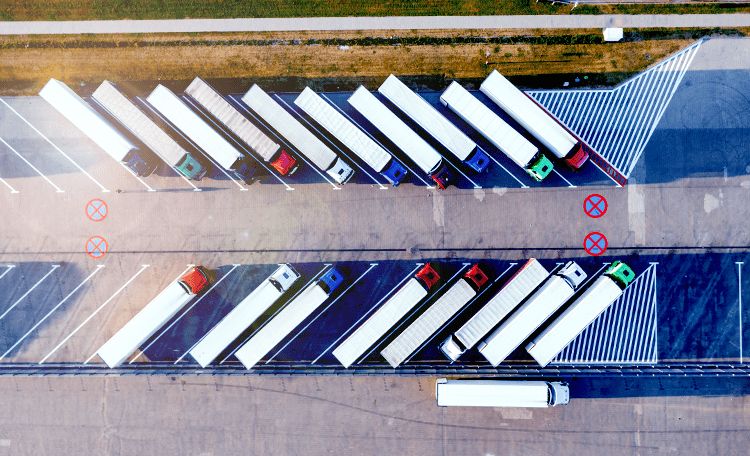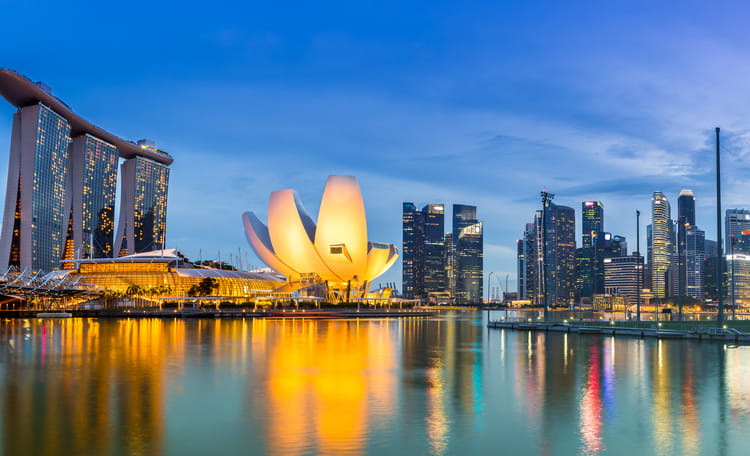Insights
Most Recent
Research
APAC Data Centre Update: H2 2025
MarketBeats

MarketBeat

MarketBeat
Economy
Research
AI Impact Barometer: Conviction in a Transforming World
Research
H2 2025 EMEA Data Centre Market Update
Logistics & Industrial

MarketBeat
Article
Data Centres
Research
APAC Data Centre Update: H2 2025
Research
Insights • Technology
James Normandale • 16/01/2025
Office

MarketBeat

MarketBeat
Research
Linsey Smith • 27/10/2025
Retail

MarketBeat
Research • Food & Beverage
Jennifer Milne • 02/07/2024
Workplace
Research • Workplace
Global Flexible Office Trends 2025
Research • Workplace
Despina Katsikakis • 17/06/2025
Sustainability
Research • Sustainability / ESG
Industrial Logistics Climate Risk Outlook
Insights • Sustainability / ESG
22/05/2025
Insights • Sustainability / ESG
Xian Yang Wong • 22/10/2024
STAY TUNED FOR THE LATEST MARKET INSIGHTS AND UPDATES
FEATURED MARKET REPORTS

MarketBeat

MarketBeat

MarketBeat
FEATURED ARTICLES
For Sale • Other
8121 Melton Road
8121 Melton Road
Gary, IN 46403
United States
Sale Price: $10,500,000 USD
For Sale • Warehouse/Distribution
100 Liberty Drive
100 Liberty Drive
Trinidad, CO 81082
United States
Sale Price: $7,002,875 USD
For Sale • Land
7 Commercial Acres
Keats Ave N & Hudson Blvd N
Lake Elmo, MN 55042
United States
Sale Price: Contact us for pricing
For Sale • Office
1140 38th Ave
1140 38th Ave
Greeley, CO 80634
United States
Sale Price: $1,080,000 USD
For Sale • Warehouse/Distribution
Buckingham Corporate Centre
8291 92 Street, #202
Delta, BC V4G 0A4
Canada
Sale Price: $3,896,000 CAD
For Lease • Warehouse/Distribution
Brooklyn Logistics Center 1
450 Johnson Avenue
Brooklyn, NY 11237
United States
Rental Price: Contact us for pricing































